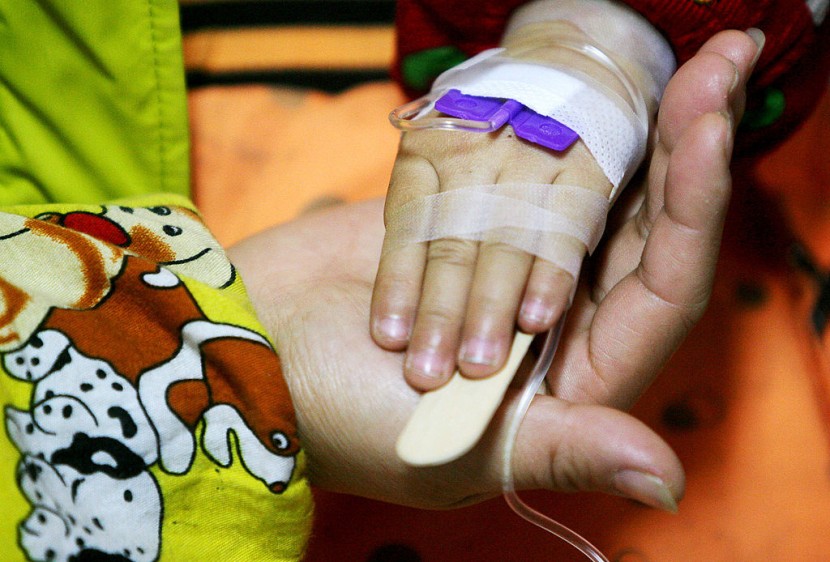
A U.K. mother confessed to "quietly" killing her 7-year-old son to put an end to his suffering while battling stage 4 cancer.
In an interview with BBC Radio Oxford Wednesday, Antonya Cooper, 77, of Abingdon, England, recalled her son, Hamish Cooper, was "in a lot of pain" while undergoing 16 months of "beastly" cancer treatment in 1981.
Hamish was just 5 years old when he was diagnosed with neuroblastoma, a cancer that develops in nerve tissue. Doctors initially gave him three months to live.
"On Hamish's last night, when he said he was in a lot of pain, I said: 'Would you like me to remove the pain?' and he said: 'Yes please, Mama,'" Cooper explained. "And through his catheter, I gave him a large dose of morphine that did quietly end his life."
Cooper said she felt Hamish "knew" how his mother would rescue him from his suffering.
"I feel very strongly that at the point of Hamish telling me he was in pain, and asking me if I could remove his pain, he knew, he knew somewhere what was going to happen," she said.
"But I cannot obviously tell you why or how, but I was his mother, he loved his mother, and I totally loved him, and I was not going to let him suffer, and I feel he really knew where he was going."
Cooper decided to break her silence amid her own terminal cancer diagnosis and mounting calls to legalize assisted dying in the U.K., despite the repercussions – including charges of murder or manslaughter – she may face.
"If they come 43 years after I have allowed Hamish to die peacefully, then I would have to face the consequences. But they would have to be quick, because I'm dying, too," she said, while defending her son's mercy killing.
"It was the right thing to do. My son was facing the most horrendous suffering and intense pain, I was not going to allow him to go through that."
"We don't do it to our pets. Why should we do it to humans?" she said.
Thames police confirmed they're investigating "reports relating to an apparent case of assisted dying of a 7-year-old boy in 1981," before declining further comment, the BBC reported.
© 2025 HNGN, All rights reserved. Do not reproduce without permission.









